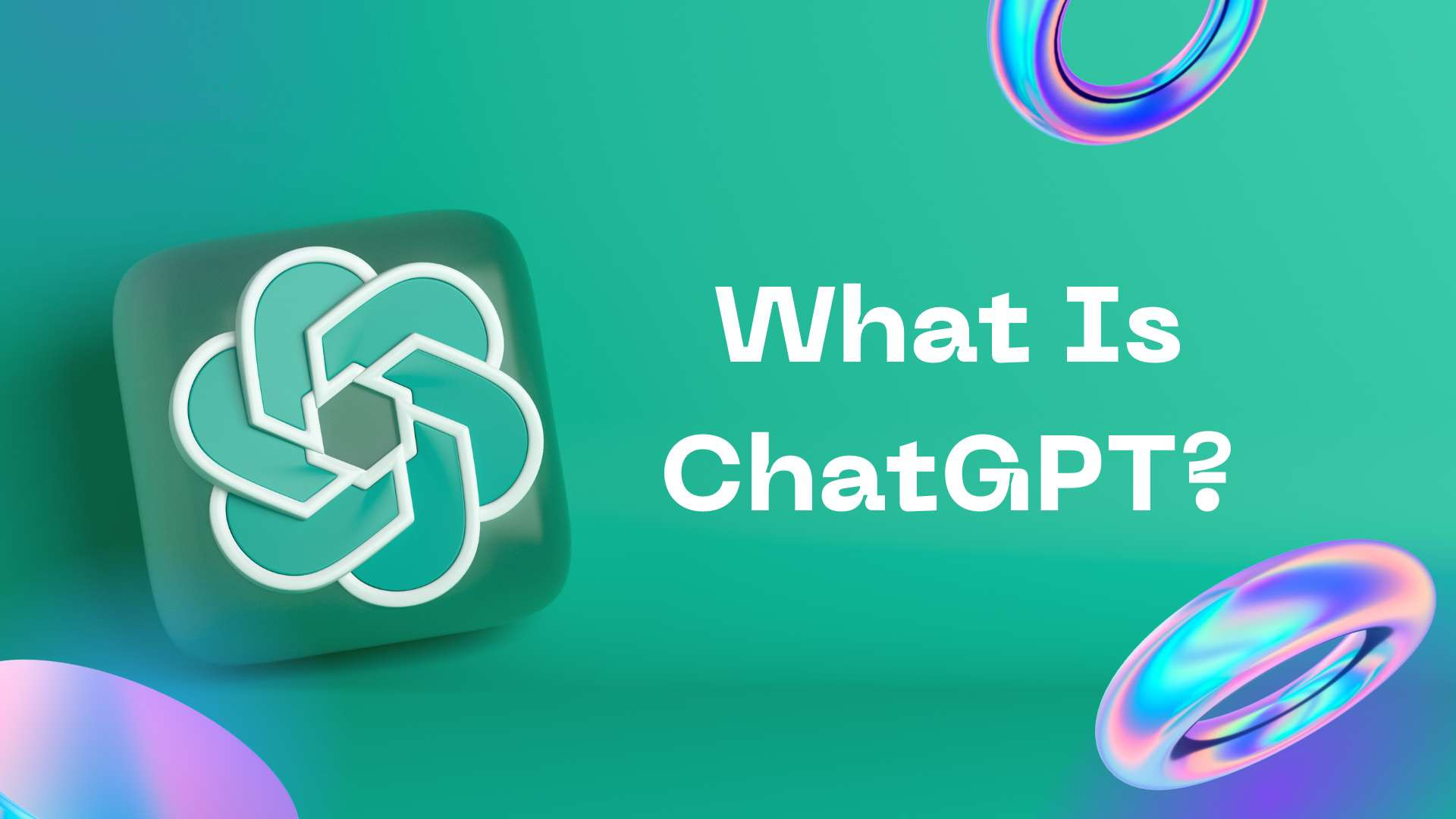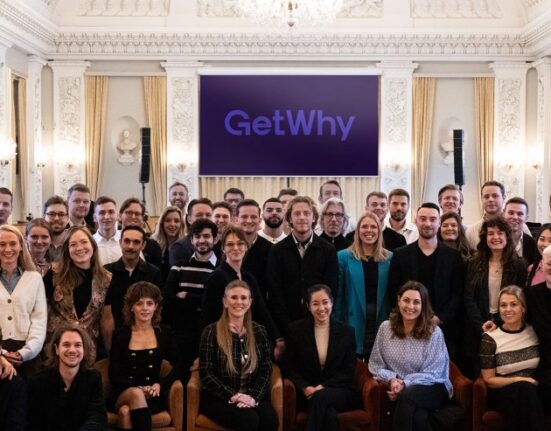A recent buzz among ChatGPT users reveals an intriguing addition to their toolbox – the emergence of a new feature named “Study Together.
” This fresh mode seems to mark a significant step towards ChatGPT’s transformation into a more robust educational resource. Unlike its conventional role of offering direct answers, this novel functionality allegedly adopts a more engaging approach by posing questions that necessitate human responses, drawing parallels to OpenAI’s LearnLM in response to Google.
Speculations are rife about the potential expansion of this feature to accommodate group study sessions. Users are curious whether ChatGPT will introduce a collaborative mode allowing multiple individuals to participate in study groups simultaneously. While OpenAI remained silent on inquiries seeking clarification, ChatGPT shared insights indicating that the official rollout and accessibility of “
Study Together
” remain undisclosed, hinting at possible exclusivity for ChatGPT Plus subscribers.
The introduction of this feature has sparked curiosity and excitement within the educational realm, where ChatGPT has rapidly established itself as a versatile tool with both constructive and controversial applications. Educators have embraced it for designing lesson plans, leveraging its capabilities as a tutor, or even delegating paper writing tasks to the AI assistant. However, amidst the accolades, concerns have been raised regarding its impact on conventional higher education practices. Some voices within the community have gone as far as suggesting that ChatGPT might be reshaping academic landscapes and potentially challenging traditional educational norms.
In light of these discussions, experts weigh in on the significance of such advancements in AI-driven learning tools. Dr. Smith, an AI researcher from Tech University remarks, “
The evolution of AI technologies like ChatGPT’s ‘Study Together’ feature underscores the shifting paradigms in educational methodologies.
” He emphasizes how these innovations offer unparalleled opportunities for personalized learning experiences but also stresses the importance of ethical considerations and responsible use to uphold academic integrity.
As educators navigate this evolving landscape shaped by intelligent algorithms like ChatGPT, there remains a delicate balance between harnessing their benefits for enhancing learning outcomes and safeguarding against misuse that undermines core principles of education. The unveiling of “
Study Together
” opens up avenues for exploring collaborative learning dynamics facilitated by AI-driven platforms while prompting critical reflections on maintaining academic rigor and upholding ethical standards in digital learning environments.
In essence, ChatGPT’s venture into collaborative studying through “
Study Together” signifies not just a technological advancement but also a pivotal moment reflecting the intersection of artificial intelligence with education practices. As users eagerly await further updates on this innovative feature, one thing remains clear – the future of learning is being redefined through synergies between human intellect and machine capabilities.









Leave feedback about this